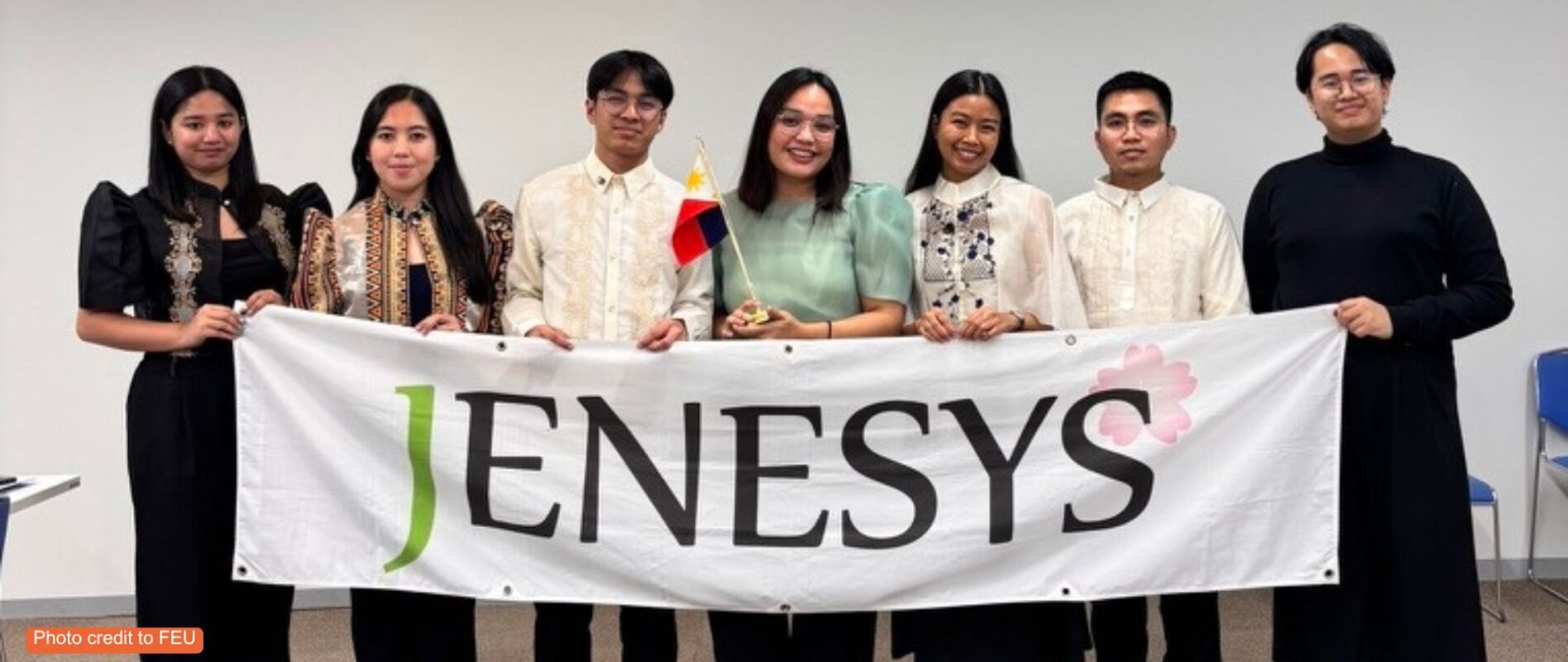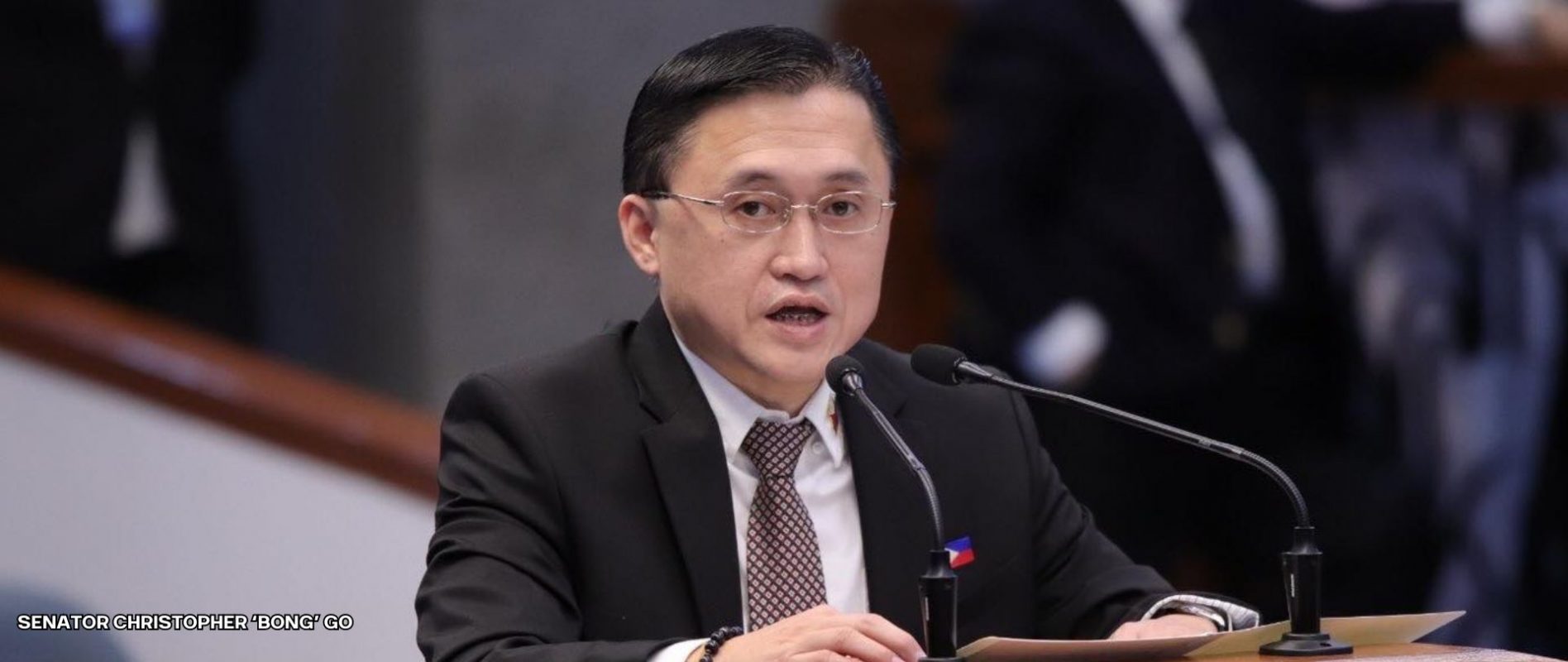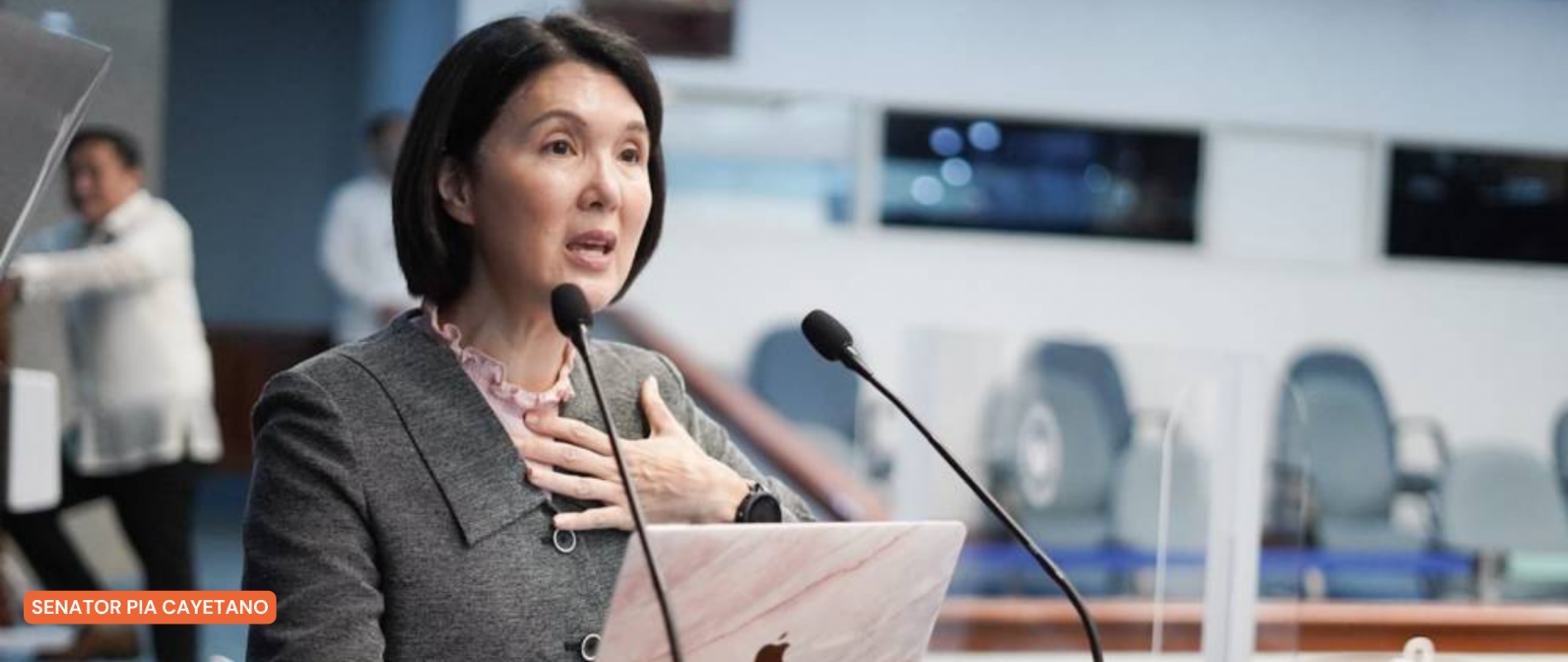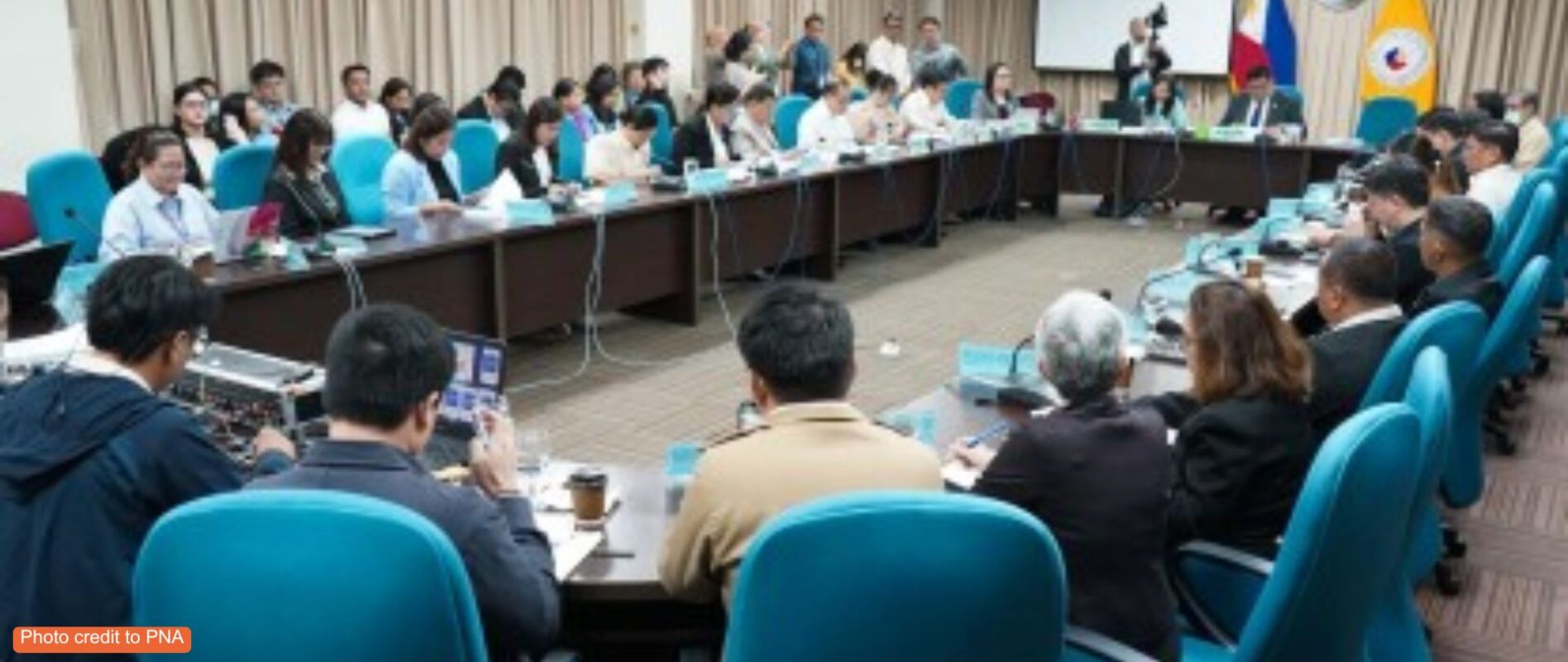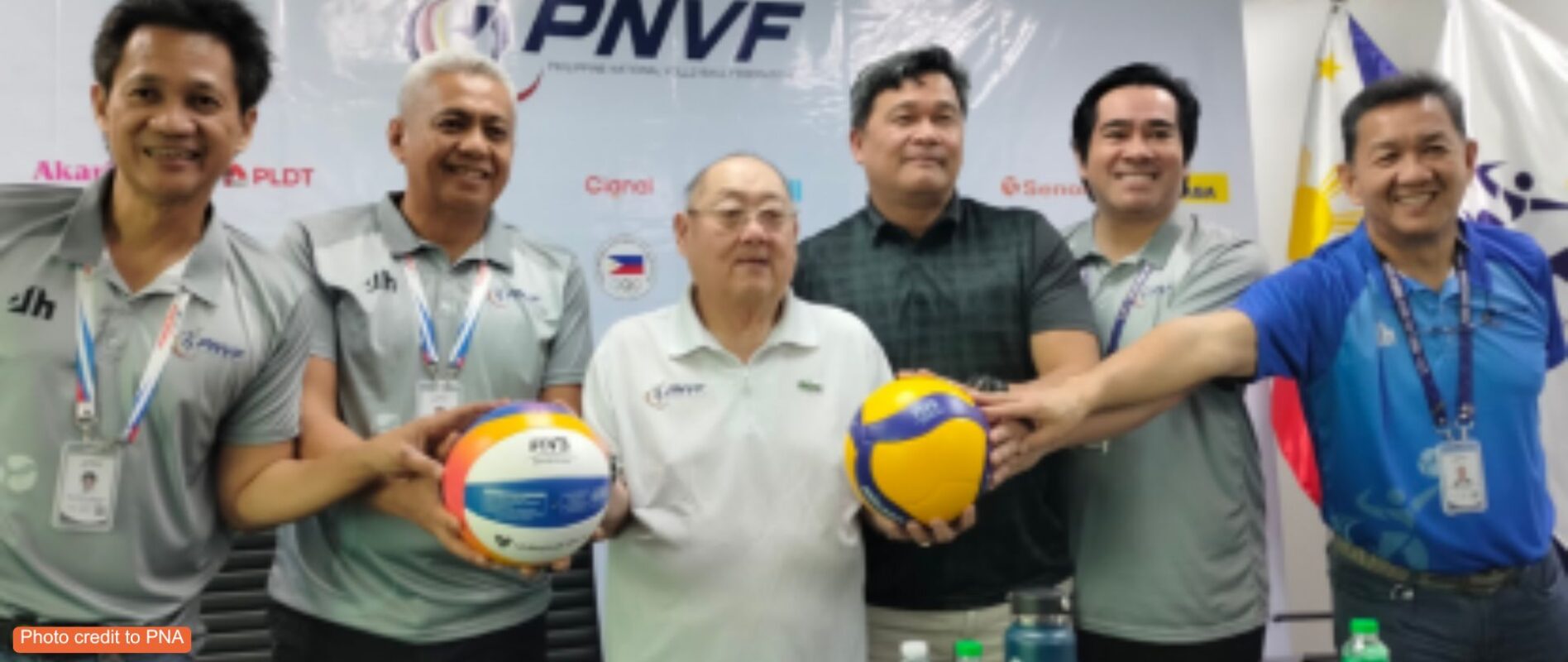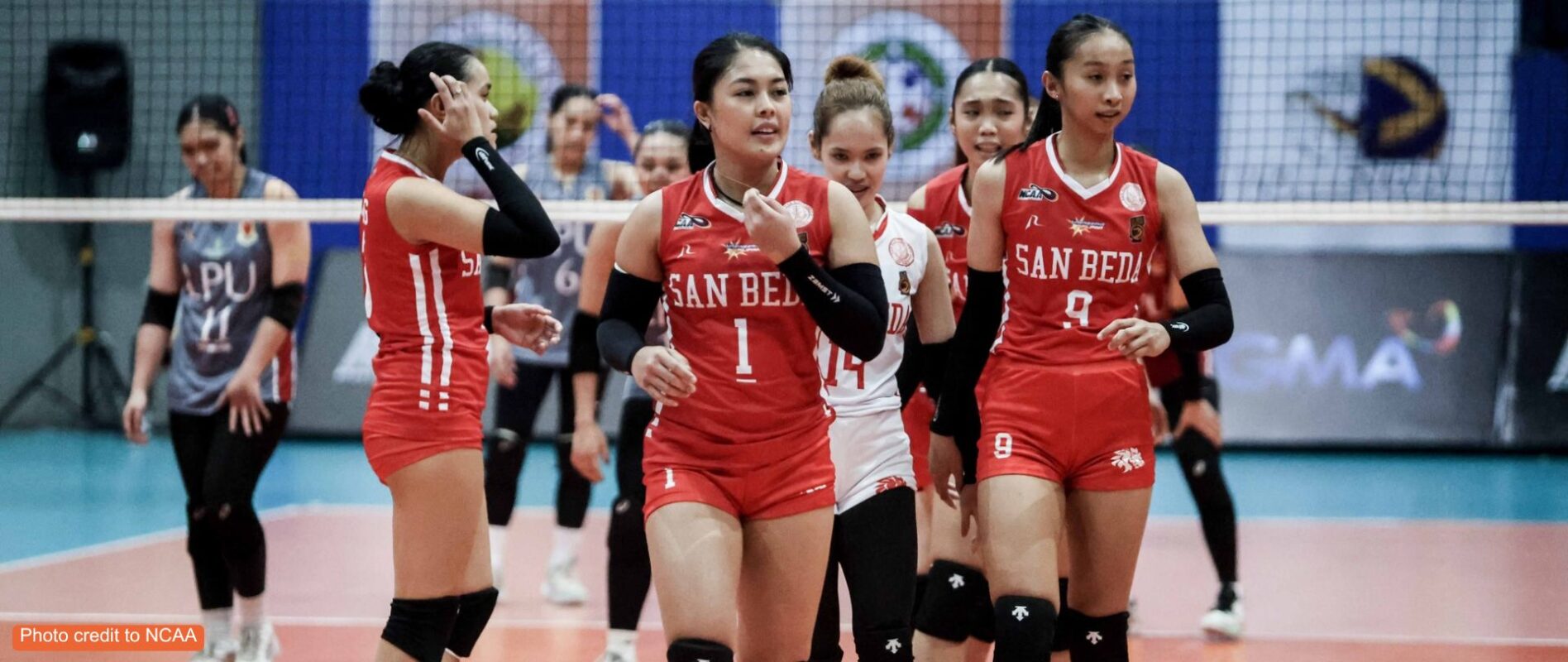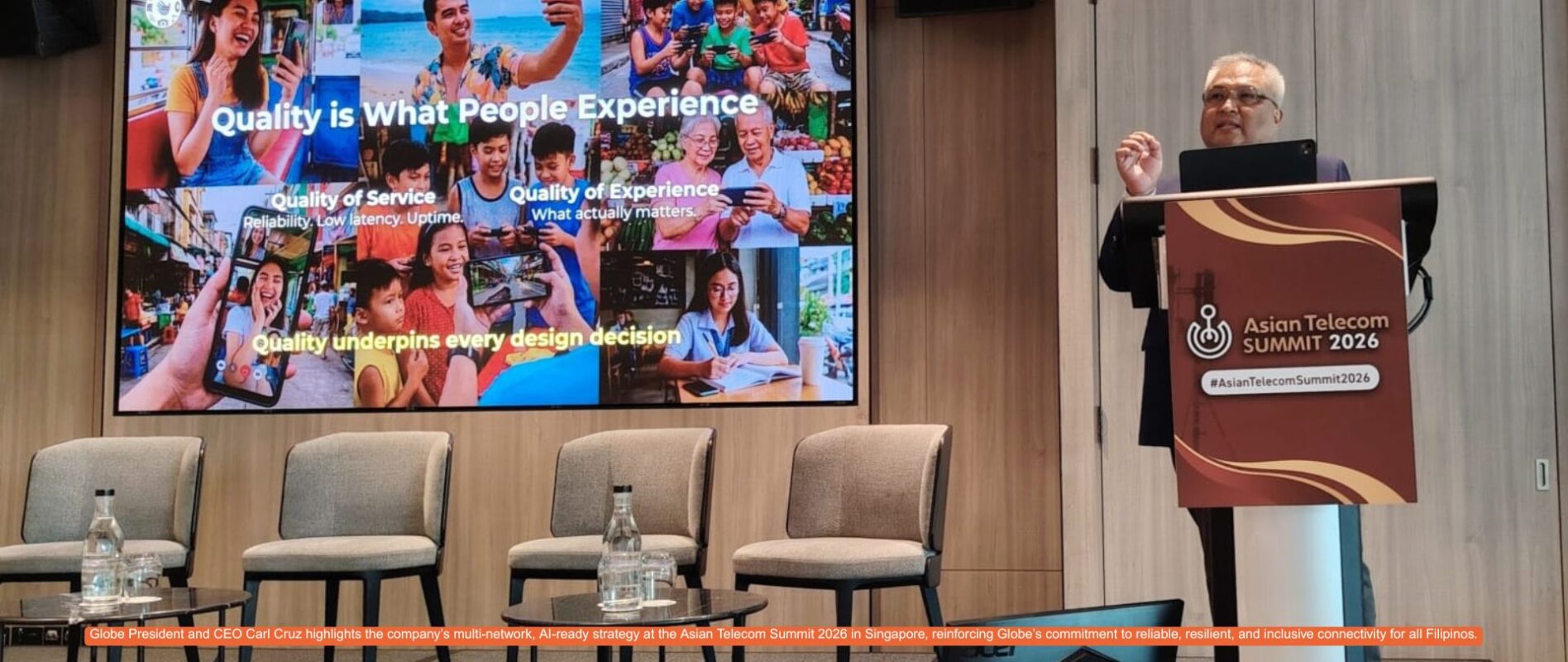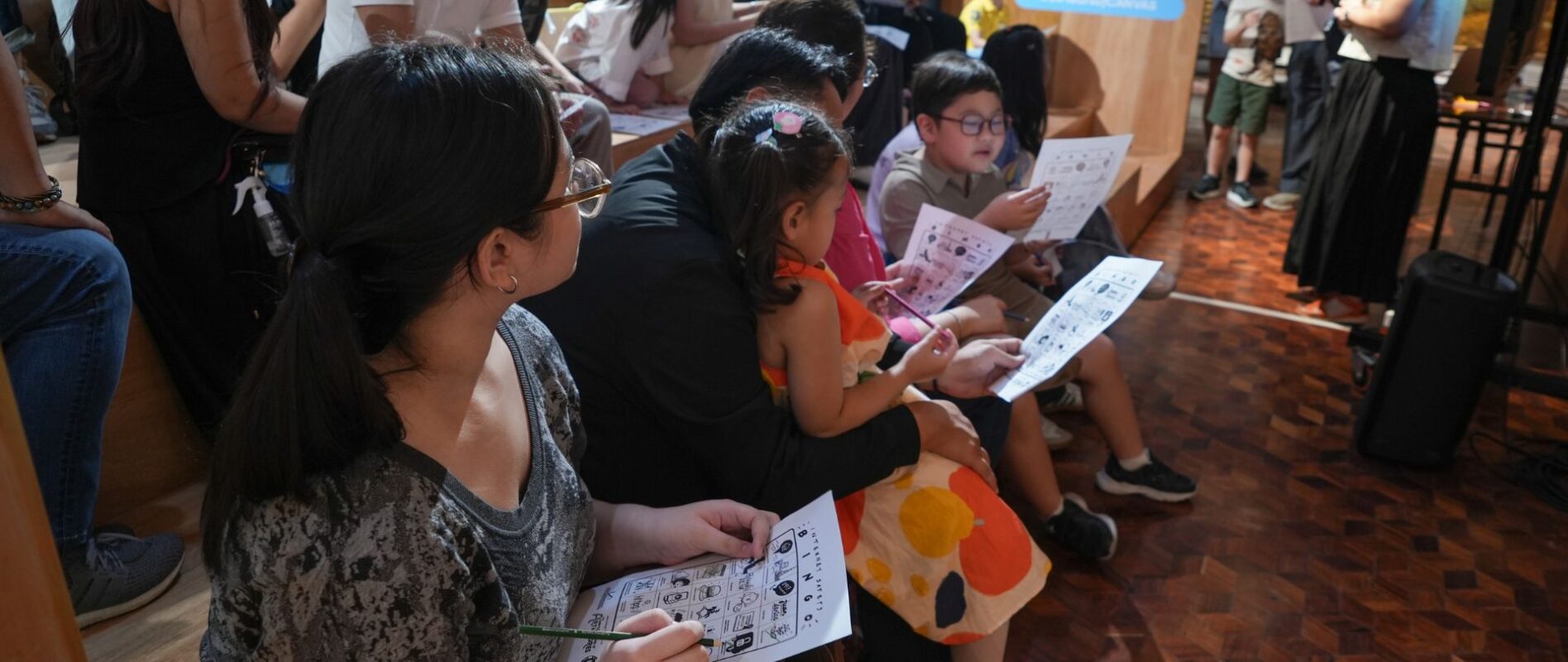DEPED, UNICEF BOOST ALS PROGRAM
THE UNITED Nations Children's Fund and the Department of Education further strengthened the Alternative Learning System Program by launching yet another milestone – the ALS 2.0 ICT Strategic Plan and the ALS Research Agenda.
THE UNITED Nations Children’s Fund and the Department of Education further strengthened the Alternative Learning System Program by launching yet another milestone – the ALS 2.0 ICT Strategic Plan and the ALS Research Agenda.
The ALS Program is a parallel learning system for Filipino out-of-school children, youth and adults.
UNICEF has been working with the DepEd-ALS Task Force (now Bureau of Alternative Education or BAE) to help provide opportunities for OSCYAs to develop basic and functional literacy skills and to access equivalent and flexible pathways to complete basic education. These are part of UNICEF’s efforts to support learning continuity for vulnerable and marginalized children and youth who do not have access to formal education.
To ensure that OSCYAs have a second chance at pursuing their basic education, DepEd and its partners strengthened and intensified ALS. Between 2016 and 2021, around 4.2 million OSCYAs enrolled in ALS and were able to continue learning in a manner suitable to their preference and circumstances.
“In less than six years, we are confident to say that we delivered on our mandate and our commitment to strengthen and improve the ALS Program. This would not be possible without the steadfast support of our partners, like UNICEF Philippines. As we gather to celebrate our milestones in working together, we likewise underscore that the work with ALS never truly ends,” G.H. Ambat, DepEd Assistant Secretary for ALS, said.
The collaborative efforts of DepEd and UNICEF Philippines on ALS are mostly on evidence-generation and policy development, as well as field-level innovations.
One example is the “Feasibility Study on Micro-certification for the ALS in the Philippines,” which explored the feasibility of micro-certification as a flexible means for ALS learners to receive certification as they attain specific elements of the minimum competencies in the ALS K to 12 Basic Education Curriculum. Micro-certificates may be used by ALS learners as credentials that are valued by employers and necessary for them to thrive as workers and citizens.
The ALS ICT Strategic Plan 2022-2026 concretizes the roles of ICT in the areas of access, quality and governance of the improved ALS Program. Meanwhile, the ALS Research Agenda 2022-2026 promotes evidence-based decision-making and policy development for the ALS program to achieve quality and inclusive lifelong learning and guides the research community in contributing to ALS research work.
Field-level innovations include efforts under the Power For Youth programme to establish Youth Development Alliances in Zamboanga del Norte and Northern Samar, which help bridge OSCYAs to opportunities in education, employment, entrepreneurship and civic engagement. Another PFY initiative seeks to provide learners with contextualized and activity-based learning materials to make ALS sessions more relevant, practical, and engaging.
“While this event is a celebration of the many milestones in ALS that UNICEF and DepEd have achieved, it is also a good occasion to look ahead and see how to further build on these achievements for the out-of-school children and adolescents in the Philippines. We are deeply grateful for the opportunity to co-develop and implement these policy and field-level ALS programmes with DepEd-BAE, all of which are intended to support the ALS program – with the ultimate objective of supporting quality learning for every Filipino child, especially those in greatest danger of falling behind,” Isy Faingold, Chief of Education of UNICEF Philippines, said.
UNICEF remains a committed partner to DepEd in strengthening and promoting ALS, especially to children who have no access to formal education in schools. Innovative, evidence-based ALS practices will open opportunities for OSCYAs to build skills necessary to thrive and to pursue better livelihood.
The ALS Program is intended for OSCYAs who have not completed basic education in the formal system. Those interested may inquire and enroll in their respective barangay halls, nearest community learning centers or public schools. They may also directly coordinate with the DepEd Schools Division Office nearest their area through the contact details found in the DepEd website.


